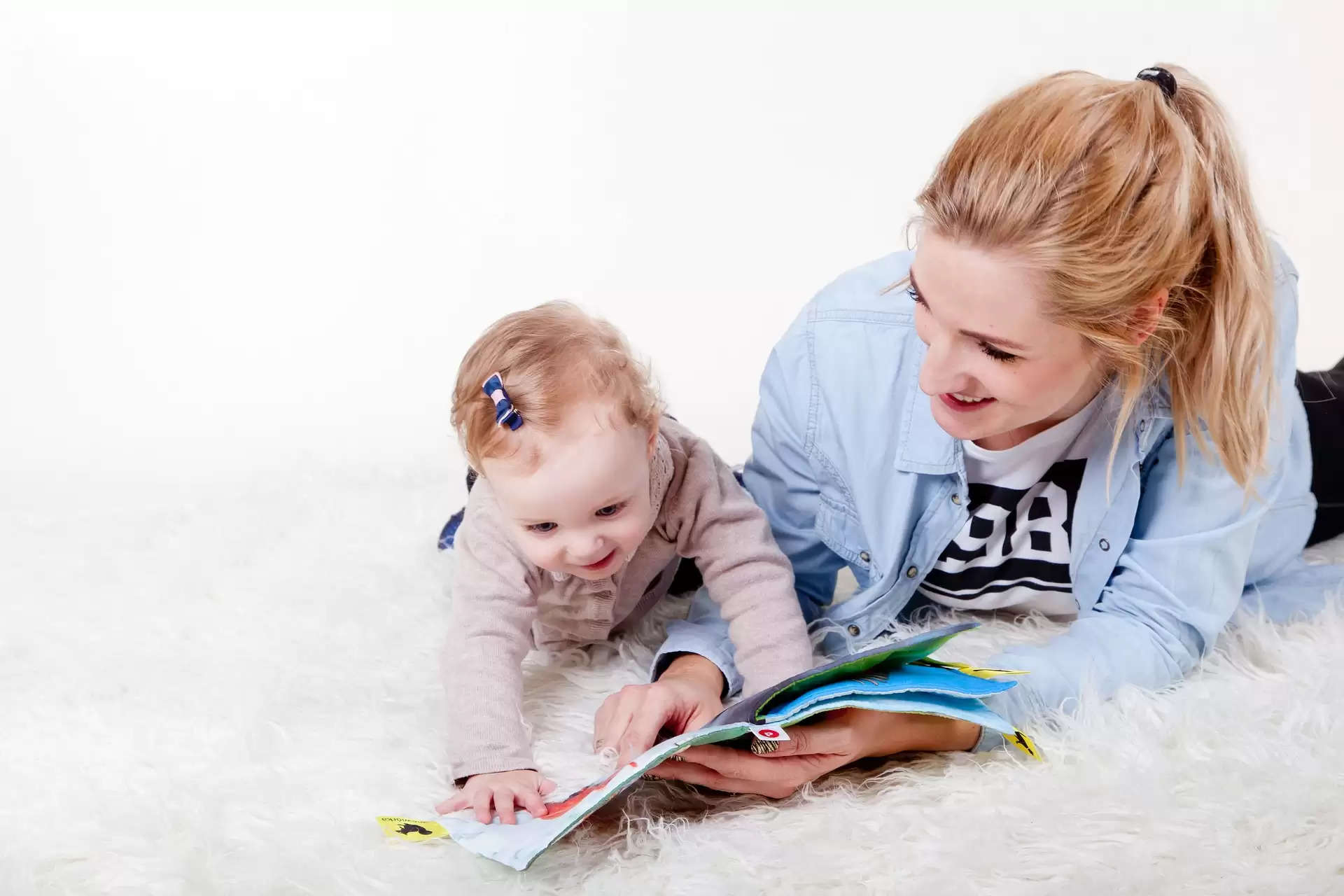Reading: A Keystone Habit For Babies And Toddlers

Introducing reading to babies and toddlers is considered a transformative habit with wide-reaching benefits. This essential practice not only strengthens the bond between parents and children but also contributes to the child’s cognitive and emotional development.
Even as little as 15 minutes of reading a day can spark a range of positive effects, from improving attention span to fostering creativity. Beyond just language processing, reading enhances children’s social and communication skills while helping them grow more empathetic.
Developing Empathy and Social Skills
Reading aloud to children nurtures both emotional and cognitive empathy. When stories expose kids to various characters and situations, they learn to relate to others' emotions (emotional empathy) and adopt different perspectives (cognitive empathy).
This activity also encourages joint attention, where a child learns to share focus with someone else, contributing to their emotional and social development. These shared moments also become opportunities to reinforce connections and understanding between the child and their parent.
Stories as Therapeutic Tools
Books have the power to help children navigate major life changes, such as starting school, welcoming a new sibling, or experiencing the loss of a loved one. These stories offer emotional vocabulary that allows children to articulate and make sense of their feelings.
Moreover, reading together provides a safe space for children to discuss sensitive topics with their parents. In contrast to screen time, reading is a far more beneficial activity that supports emotional growth.
Early Reading Supports Language Development
Reading to babies, even before they are born, plays a vital role in their language development. By six months of pregnancy, unborn babies can tune in to their mother’s voice and start processing the rhythm and sounds of language.
Newborns further develop these skills, beginning to understand how words and sentences fit together. Reading out loud accelerates literacy, exposing children to a wide vocabulary and language structures that simple conversations may not cover.
Choosing High-Quality Books
When selecting books for young children, it’s important to prioritize those with beautiful illustrations and rich storytelling. The aim is not academic but rather to ignite a love for stories and foster a lifelong connection with books.
High-quality picture books can captivate children’s imagination while developing visual literacy, a skill becoming more essential in a media-driven world.
A Soothing Bedtime Ritual
Incorporating books into the bedtime routine can begin as early as infancy. Reading before naps or bedtime signals to children that it’s time to wind down, creating a comforting habit that they will carry into adulthood..jpg)
